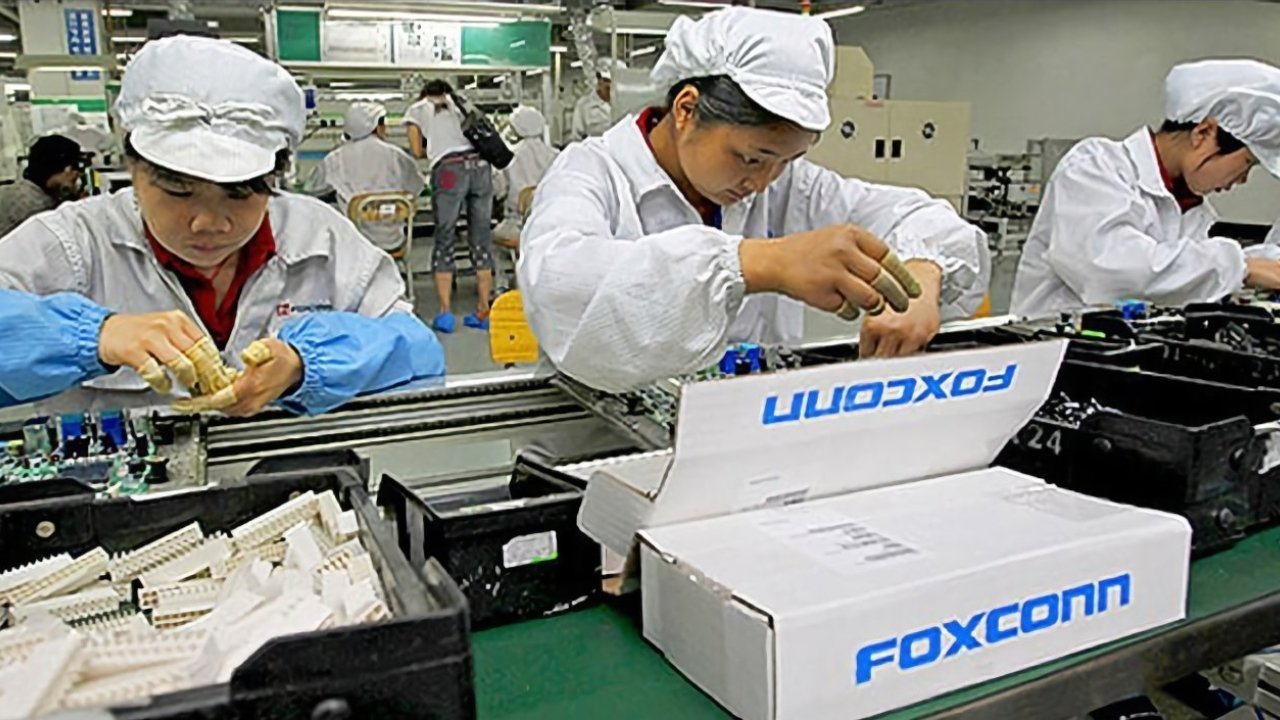The hottest conditions in China for more than 60 years caused authorities to close down factories to conserve electricity, but now Foxconn has been able to resume iPad production.
As previously reported, the heatwave in China's Sichuan province led to local government implementing severe power cuts. Selected industrial users, including Foxconn, were initially required to stop production from August 15, 2022, to August 20, 2022.
Ultimately, that period was extended but reportedly ended on August 25, 2022. According to Nikkei Asia, that was when Foxconn was able to resume production.
Temperatures in the province, which has 21 cities, including Chengdu where Foxconn's iPad plant is, reached 104 degrees Fahrenheit (40 degrees Celsius). Overall the heatwave has lasted for more than 70 days, and it's come at a time when usually, Sichuan province is a net exporter of power from its hydroelectric facilities.
This year, however, drought has meant Sichuan's hydroelectric capacity has been reduced by half. At the same time, domestic and business use of air conditioning has dramatically increased energy demand.
In imposing the power cuts, Chinese authorities reportedly said they would prioritize domestic users. Now Foxconn has become a priority, too, based on its economic importance to the region.
Neither the authorities nor Foxconn have commented on the resumption of production, but Nikkei Asia says unspecified sources report that the factory is back to normal capacity.
Separately, rumors have been repeated that Apple will launch a 10th-generation iPad before the end of 2022. It's expected to feature an all-new design.
 William Gallagher
William Gallagher








 Marko Zivkovic
Marko Zivkovic
 Mike Wuerthele
Mike Wuerthele
 Christine McKee
Christine McKee
 Amber Neely
Amber Neely
 Sponsored Content
Sponsored Content
 Wesley Hilliard
Wesley Hilliard










3 Comments
Local drought and lack of coal from Australia due to petulant CCP bans (we have decided to buy nuclear submarines) might have more to do with power shortages in China.
Hopefully this convinces Foxconn to install solar+storage in all their facilities.
Those are not pleasant environmental conditions - it would be nice if those who mismanaged the power supply issue were the only ones to suffer the consequences. But, as usual, the money wins out.